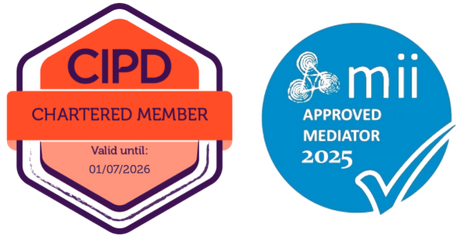It is wonderful to see Ireland reopening and returning to working together in person, albeit with employers continuing to implement all the necessary Covid-19 precautions for the foreseeable future so it’s still not quite the same as the workplace of 2019.
Going forward there will be 3 different groups – each with different needs:
- Full return to the office / workplace.
- A move to most staff / work being done remotely on a permanent basis.
- Hybrid model – where some/all staff will return some of the time and work remotely some of the time.
In a study, issued in May 2021, more than 95% of employees want to continue to work remotely, with a hybrid model of attending the workplace some of the week and being remote for the remainder being the most popular work pattern identified, according to the Second Annual National Remote Working Survey carried out by NUI Galway.
There are many clear benefits to remote working for both the employer and the employee with flexibility and high levels of productivity being at the top for many. Additionally there are wider environmental and community benefits which we have clearly seen over the last 15 months.
Flexibility and remote working has been something I have personally benefited from for several years, avoiding long commutes has enabled a better work life balance for me and my family and that level of flexibility is a key motivator for me. For an organisation having motivated employees is beneficial to your bottom line and fundamental to effective employee engagement, Dan Pink identified three core elements to individual motivation:
· Ability to obtain Mastery in your chosen area.
· Having a clear Purpose, a shared vision of the future.
· Autonomy, or a degree of control over your work.
Remote working, as an element of a wider flexible working strategy clearly aligns to giving staff autonomy (to varying degree’s depending on organisational rules). It can also allow for the development of mastery skills, allowing additional time for study or personal growth activities and indeed should align with the company ethos and values so may well align with your purpose to. Thus, remote working when handled well has the potential to drive up employee motivation and organisational productivity.
Have you taken the time to review your organisation work procedures and HR policies ensuring they are fit for purpose for the years ahead?
One of the biggest concerns I hear about from leaders today is the ability to effectively manage staff remotely, if you have concerns in this area you are most certainly not alone. For most leadership teams this is a journey, taking time out to focus on enhancing people management skills is time well spent – now is a good time to address this.
Recently, I have met this need by adapting my people management courses delivering training in short blocks virtually with mentoring incorporated to ensure the ability to apply newly learned skills in the workplace. Effective people managers with positive leadership skills can enable productive remote working.



